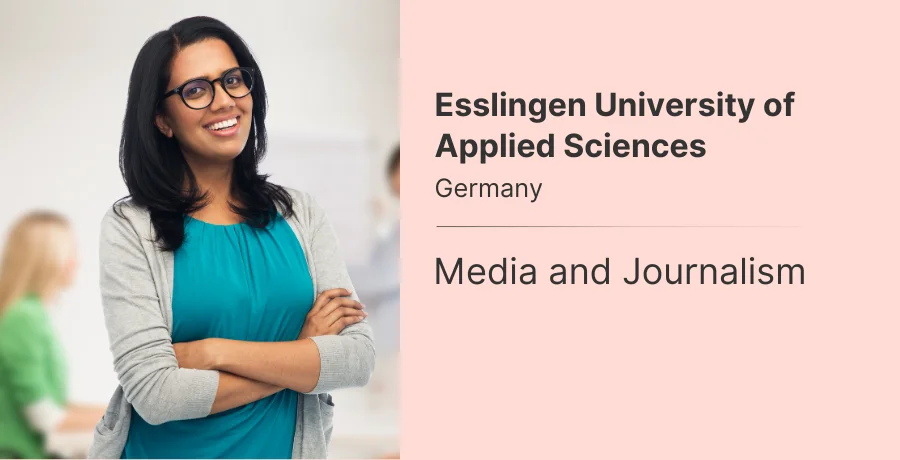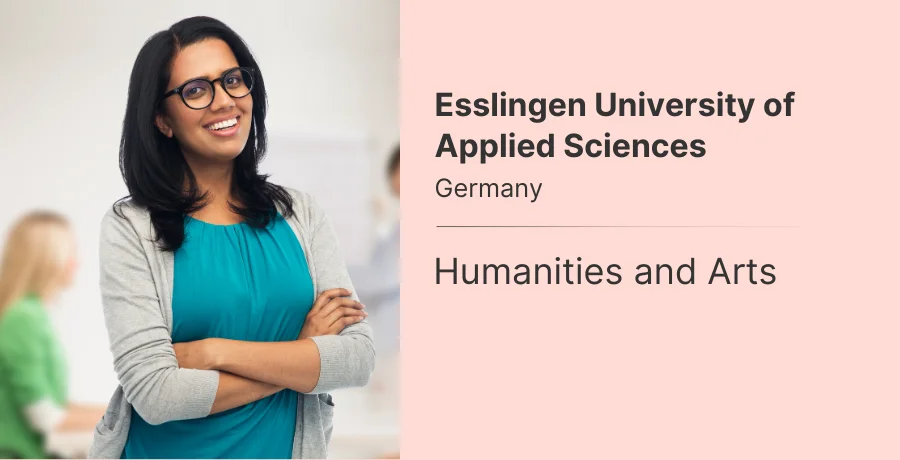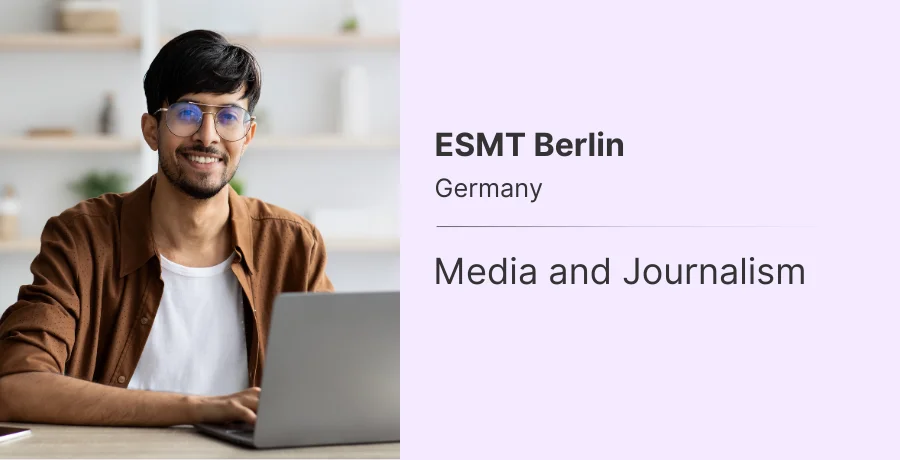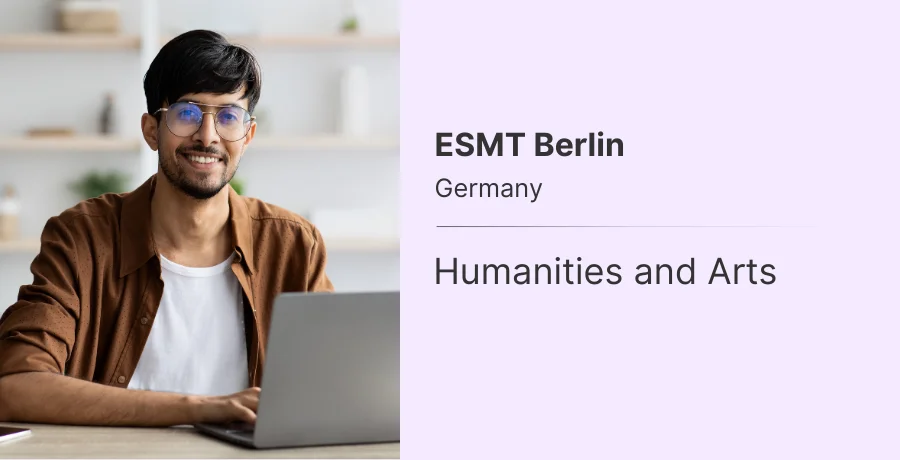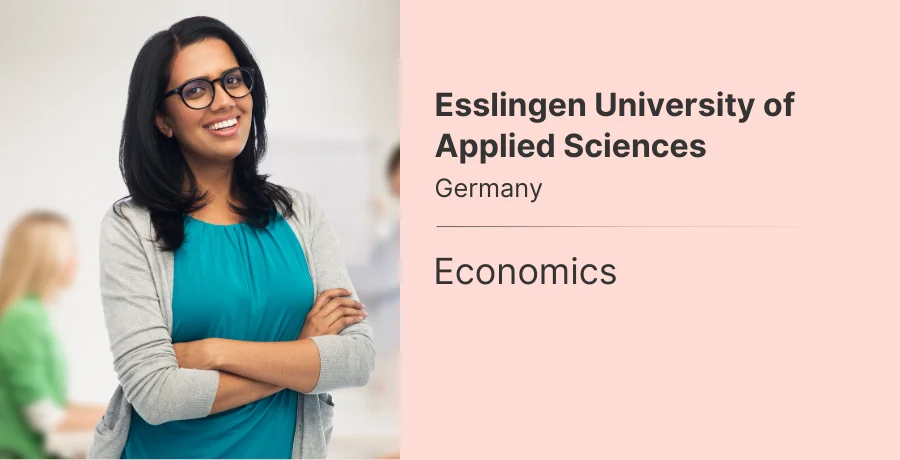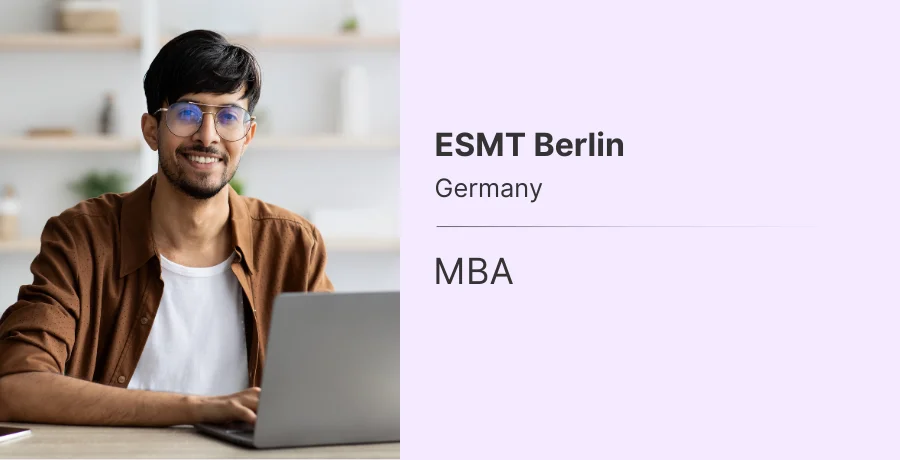Studying in Germany provides a distinctive fusion of top-notch academics, exciting cultural events, and a focus on research. Germany, well-known for its top-notch colleges and free education, is open to accepting overseas students. A wide variety of academic interests are catered to by the programs taught in English. Students also gain from a cosmopolitan setting, good public transit, and a high level of living. The nation's central location in Europe makes easy access to other European locations possible. In the 2022–2023 winter semester, 2.92 million students were enrolled at German universities. Also, there are currently 42,997 Indian students enrolled in German universities, up 26% from the previous year (Winter Semester 2022-23). There are now 3.7% more foreign students studying in Germany overall. The majority of foreign students enrolled in German universities are Indians.
Types of Academic Intakes in Germany (With Seasons)
A. Summer Intake – April
- Limited Programs: The summer intake offers only limited courses and in specific universities.
- English-Taught Courses: Many programs are conducted in English, making them accessible to international students.
- Research Opportunities: Students preferring summer intake or semester can take part in a regular academic calendar and lay emphasis on research and innovation to ensure engaging opportunities.
- Speedy Application Process: The application process for the summer intake typically begins well in advance, allowing students to plan effectively.
- Cultural Exploration: Studying in Germany during the summer intake provides a chance to experience the country's vibrant culture, festivals, and outdoor activities.
- Easy Networking and Summer Internships: The summer semester often aligns with the regular academic calendar, internship opportunities, and networking events, enhancing practical exposure for students.
- High Visa Success Rate: International students’ visa success rate is high. Prospective students should be mindful of visa requirements and start the application process early to ensure a smooth transition.
B. Winter Intake – September/October
- Primary Intake: The primary intake in Germany is the winter intake, which starts in September/October and runs till February/March. Most students who study for a Master's in Germany apply for the winter intake.
- Comprehensive University Options: International students can choose from a vast selection of top universities offering a myriad of courses during the winter semester.
- High Acceptance Rates and Favourable Class Sizes: Students can experience higher acceptance rates and more manageable class sizes, ensuring a conducive learning environment.
- Job and Internship Opportunities: This intake also falls under the regular academic calendar and helps students with internship prospects on campus as the academic year commences, providing early career development possibilities.
- Enhanced Extracurricular Engagement: This intake is also optimal for involvement in extracurricular activities, club memberships, and organizational participation during the winter semester.
- Structured International Orientation Programs: International students are provided comprehensive orientation programs offered by institutions at the beginning of the winter semester, ensuring essential details and support for all applicants.
Tips To Applying for Successful Admission in Germany
- Perform Comprehensive Research: Do a comprehensive investigation of the university and program of your choice.
- Qualify for Language Exams: Take standardized language examinations to confirm your fluency in English or German, depending on the teaching language.
- Apply Early: Submit your application as early as possible to improve your chances.
- Accurate Documents: Provide correct supporting documentation, such as recommendation letters and transcripts.
- Arrange Adequate Finances: For a visa, prove your financial stability by presenting proof of money for your study.
- Strong Network: Connect with academics, alumni, and current students to learn about German university culture and the application process.




